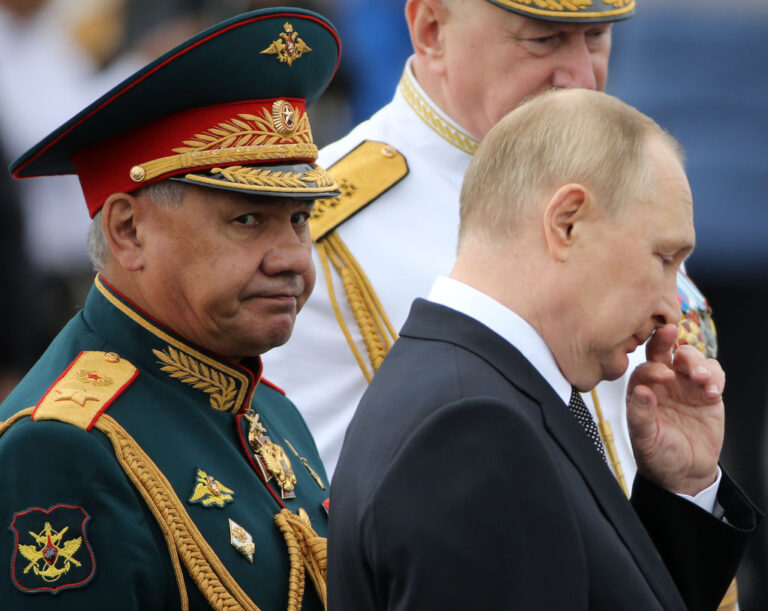Following an unsuccessful attempt to provoke a full-scale conflict in the Middle East through an attack on Israel from Palestinian territories in 2023, the Kremlin is now striving to incite Tehran to launch an attack on Israel. Such an act would compel Jerusalem to retaliate with a large-scale strike on Iran. According to our sources within diplomatic circles and the Russian Ministry of Defense, a group of “advisors” has been dispatched from Moscow to Tehran to coordinate this military operation. Russia’s failed defence minister Sergei Shoigu is also in Iran today.
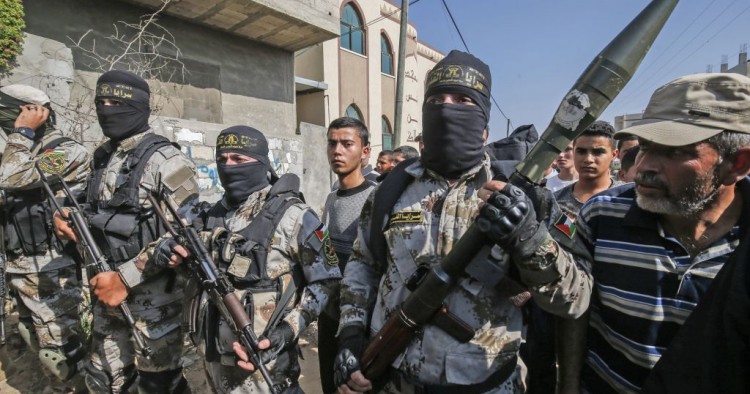
More on this story: Hamas assault on Israel suggests external support, planning
One scenario proposed by these Russian advisors involves a series of combined strikes using missiles and drones from various locations over several days, based on strategies developed by the Kremlin during the war in Ukraine. Implementing such a plan could significantly deplete Iran’s arsenal of these weapons to a critically low level, requiring three to five months for replenishment. The advisors, however, have expressed doubts that this type of assault would inflict substantial damage on Israel. Thus, they recommend a hybrid scenario, combining missile strikes with ground confrontations along the borders with Lebanon and Syria, as well as terrorist attacks. This strategy would also include cyberattacks on Israel’s banking, transportation, and energy infrastructures, potentially with assistance from Russian military intelligence or FSB hackers.
Alternatively, Iran might opt for a “limited” strike scenario, targeting one or two critical locations identified as vulnerable by Iranian and Russian intelligence. This scenario is considered more acceptable to Iran, minimizing reputational and military risks.The Kremlin’s interest lies in diverting Western resources toward aiding Israel, thereby reducing support for Ukraine. Achieving this objective could result in the United States suffering a “reputational” defeat in its geopolitical engagements in Europe and the Middle East. Consequently, Washington might be compelled to seek Russian mediation to stabilize the situation, aligning with the Kremlin’s goals. However, a significant obstacle for the Russians is Iran’s stance, as Tehran’s leadership is reluctant to embrace Moscow’s proposals and is not interested in engaging in a larger war.
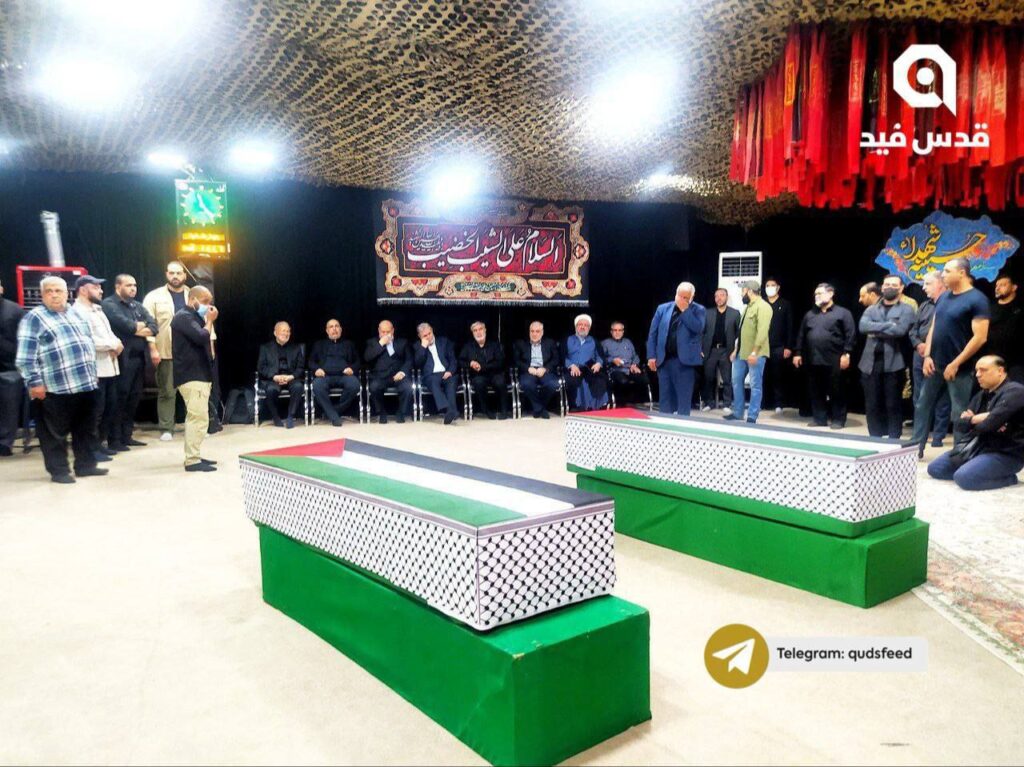
More on this story: Israel wants to drag the US into a wider conflict in the Middle East
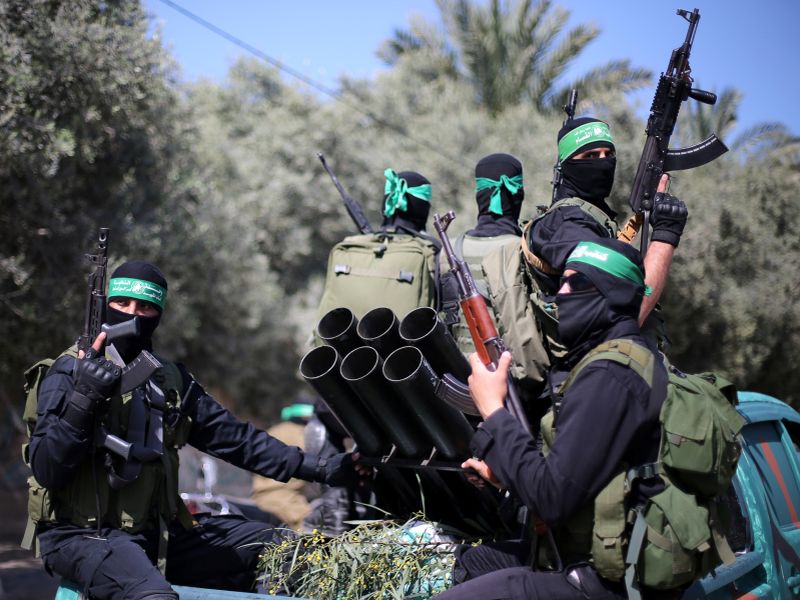
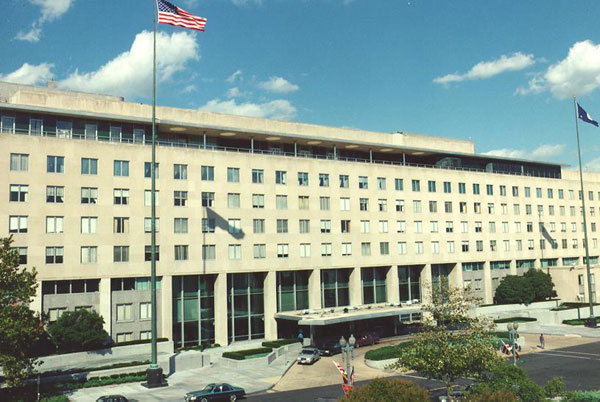
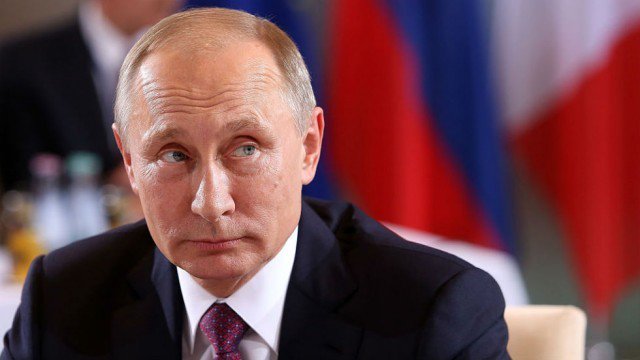
More on this story: Anti-Semitism on rise in Russian leaders’ rhetoric
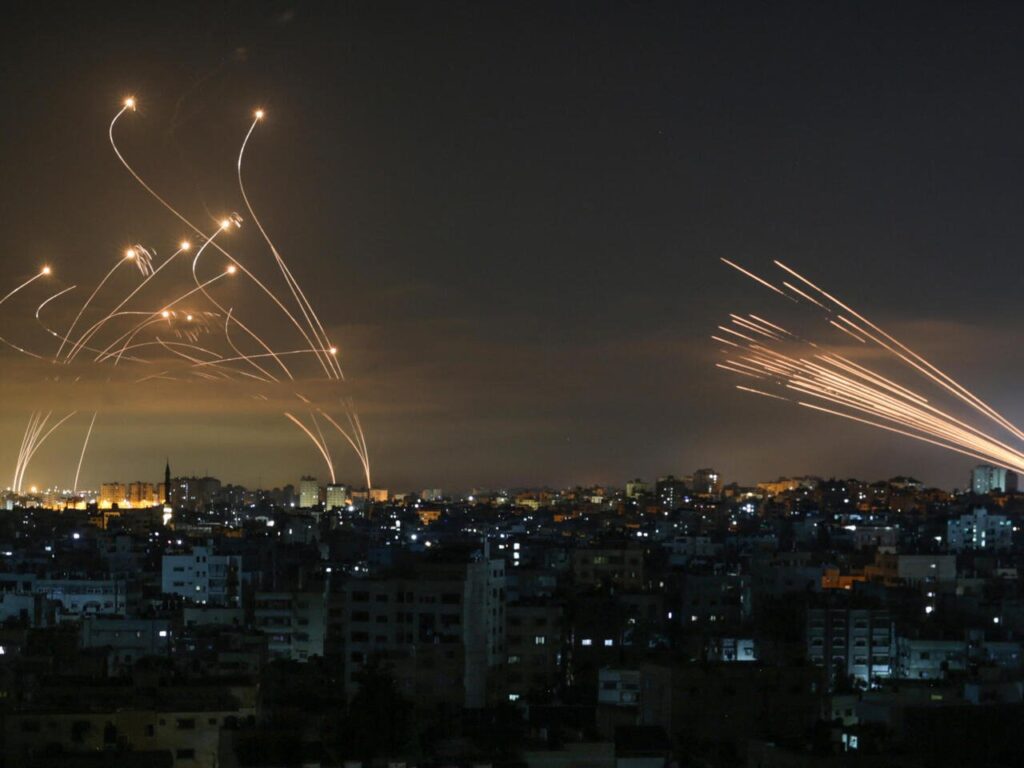
More on this story: Russia to further encourage Iran-Israel conflict


